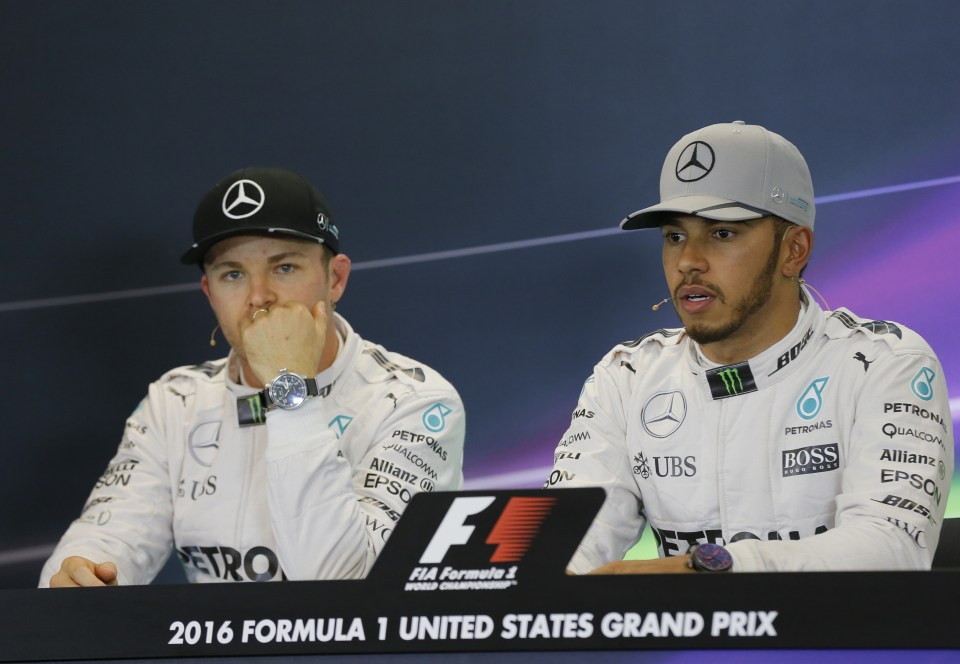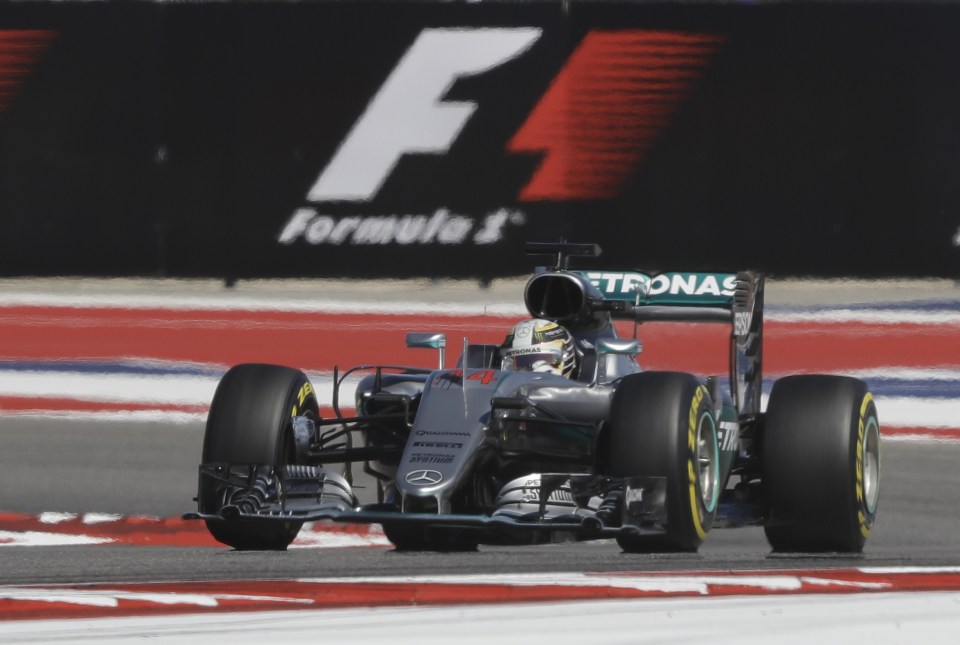Lewis Hamilton looking to surge ahead of opposition with special sleep treatments designed with help from NASA
Mercedes star's new routine helps him beat the jet lag and stay fresh in race with Nico Rosberg for Formula One crown

LEWIS HAMILTON has been undergoing special sleep treatments - designed with help from NASA - to help keep him at full-throttle.
The jet-setting Brit loves racking up the air miles but is managing to arrive at the track feeling as fresh as a daisy thanks to some pioneering medical science.
Mercedes have enlisted the help of F1 fitness guru Dr. Aki Hintsa and Harvard professor Steven Lockley, who is the world's leading neuroscientist when it comes to sleep.
Hintsa worked with Hamilton when he started his F1 career at McLaren and his team of doctors devise special programmes to help him combat jet-lag.
Hamilton's PR sends his flight details to Professor Lockley and he hand-builds a programme to help the F1 star get on the new time zone at his destination.
Lockley's specialist instructions tell Hamilton when to sleep, when to wake up and even when to wear his sunglasses to help his body adjust to the new times zone.
Hamilton is also told when to take a pill containing a synthetic hormone - melatonin - which controls sleep and wake cycles.
It is a huge benefit to Hamilton, who visited seven countries in as many days during his summer holiday.
He said: "Usually, jet-lag is never a problem. My body has probably never really known where it is.
"It's just getting on that time zone as soon as possible, and obviously keeping your body healthy so you don't get sick on those flights. I generally nap on all the flights but there are specific things you have to do which a specialist gives me through my trainer."
Dr Luke Bennett, who is a Medical and Sports Performance Director at Hintsa Performance, said: "In transition to a new time zone there are a couple of things you can manipulate like exposure to light and darkness.
"On top of that, some drivers use a synthetic version of a natural hormone, melatonin. You need to time the new melatonin dose to help adjust to the new time of midnight.
Related Stories
"We give our drivers and hour to hour break down of when to avoid light or darkness, or at least minimise the exposure to light through the use of sunglasses. We collaborate with Professor Steven Lockley, who is the world's leading neuroscientist in this area of sleep.
"He works out of Harvard University and works on this with his colleagues at NASA have had a long term collaboration in terms of circadian manipulation for astronauts."
Mercedes have been so impressed by the programme used by Hamilton they have now rolled out the idea to benefit the whole of their race team.
Dr Bennett added: "Mercedes have used this information and are ahead of the curve.
"For example, they have used it for their engineers who are based in the UK but might still have to be on the race time. They have found that they can improve their performance by adjusting to the race time over the few days before hand."











